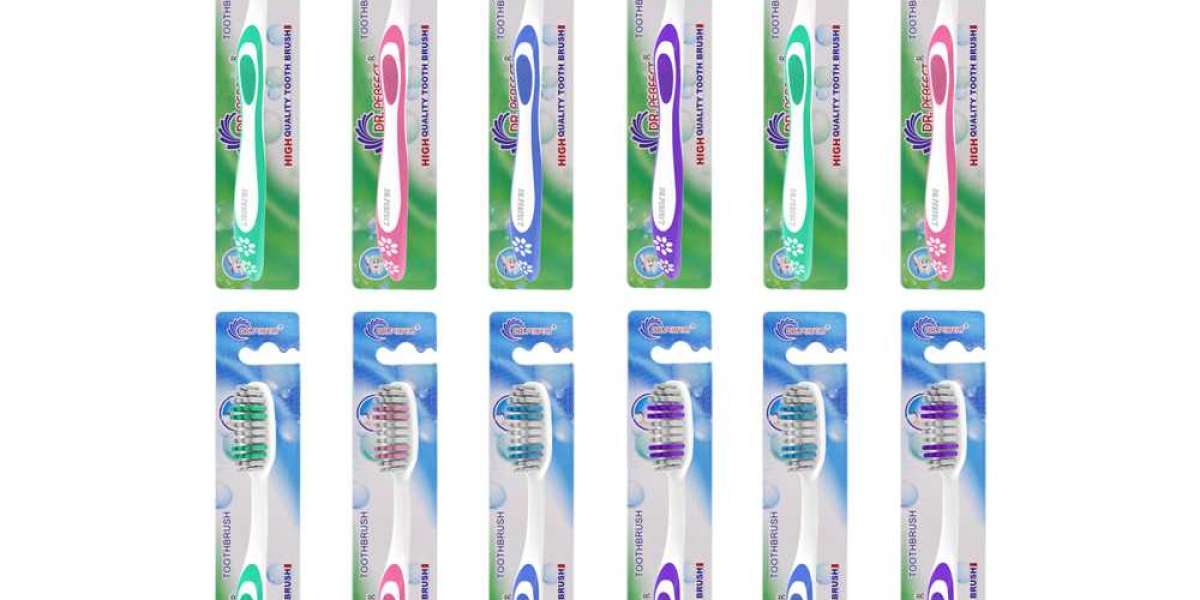The unsung hero in your dental hygiene routine is the humble toothbrush. But with a plethora of options available – manual, electric, sonic, with different bristle types and features – choosing the "best" toothbrush can feel overwhelming. This guide will delve into the world of toothbrushes, helping you identify the one that best suits your needs and brushing habits.
Manual vs. Electric: best toothbrush
The age-old debate centers around manual and electric toothbrushes. Manual brushes, the classic choice, offer complete control over brushing pressure and technique. They're generally affordable, readily available, and travel-friendly. However, achieving thorough plaque removal requires proper brushing technique, which can take time and practice to master.
Electric toothbrushes, on the other hand, automate the brushing process. Rotating or pulsating heads do the cleaning work, ensuring consistent pressure and reaching all areas of the mouth. Many models come with timers that encourage brushing for the dentist-recommended two minutes. Electric brushes are particularly beneficial for individuals with dexterity limitations or those who struggle with proper brushing technique. However, they can be pricier than manual brushes and require charging or battery changes.
Beyond Manual and Electric:
Technology has further expanded the toothbrush landscape. Sonic toothbrushes, a type of electric brush, utilize high-frequency vibrations to disrupt plaque biofilm and promote deeper cleaning. They can also be gentler on gums compared to traditional electric brushes.
Smart toothbrushes connect to apps that track brushing habits, offer personalized coaching, and even illuminate areas you might be missing. While these features can motivate better brushing and provide feedback, they might not be necessary for everyone and can be a pricier option.
Bristle Considerations:
The type of bristles on your toothbrush plays a crucial role in cleaning effectiveness and gum health. Soft bristles are generally recommended for most people, as they effectively remove plaque without irritating gums. Medium bristles can be suitable for those with very firm teeth and gums, but consult your dentist before using them. Hard bristles are generally too harsh and can damage gums, so it's best to avoid them.
Bristle shape also matters. Criss-cross bristles, the most common type, provide a good all-around clean. End-rounded bristles are gentler on gums, while multi-level bristles can reach different tooth surfaces. Consider your specific needs when choosing a bristle type.
Additional Features:
Many toothbrushes offer additional features that may appeal to specific users. Tongue cleaners on the back of the brush head help remove bacteria that contribute to bad breath. Pressure sensors can alert you if you're brushing too hard, which can damage gums. Some electric brushes even come with travel cases for added convenience.
Choosing the Right Toothbrush for You:
The "best" toothbrush ultimately depends on your individual needs and preferences. Consider your budget, dexterity, desired features, and dentist's recommendations.
Here's a breakdown to help you decide:
- Manual toothbrushes: A good choice for budget-conscious individuals with good brushing technique.
- Electric toothbrushes: Ideal for those who struggle with manual brushing, want a deeper clean, or prefer a more automated routine.
- Sonic toothbrushes: A good option for those who want the benefits of an electric brush with a gentler touch on gums.
- Smart toothbrushes: Appealing to those who want personalized coaching and detailed feedback on their brushing habits.
Remember:
No matter which type of toothbrush you choose, proper brushing technique remains essential. Use a gentle back-and-forth motion, brushing the surfaces of each tooth for at least 30 seconds. Don't forget to brush your tongue and the inside of your cheeks for a complete clean. Replace your toothbrush every 3-4 months, or sooner if the bristles become frayed.
By following these tips and choosing the right toothbrush for your needs, you can achieve a healthy, bright smile and maintain optimal oral health. Remember, a consistent and thorough brushing routine is key, regardless of the type of toothbrush you wield.













